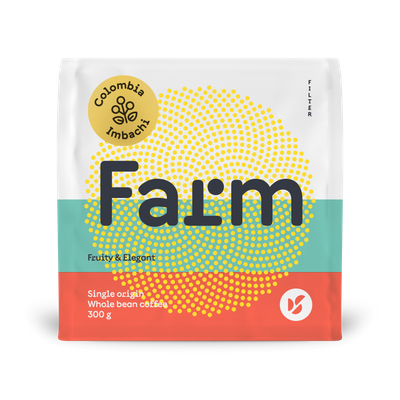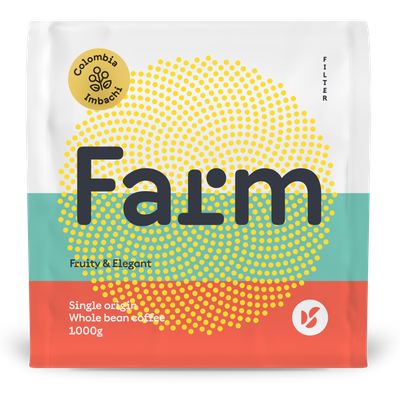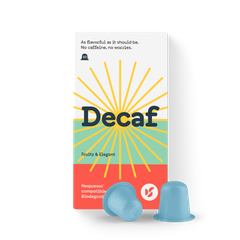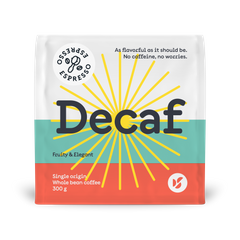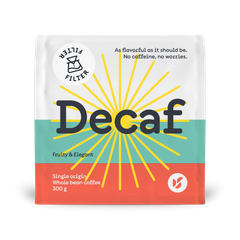Flavour
Aroma is dominated by tropical fruits, plums and panela. In flavor, notes of chocolate covered raising, plums and nuts.
Origin
Buenavista farm, Huila region, Colombia. Coffee from the Imbachi family has been a bestseller in our offering since 2011. Carlos, together with his wife Yolanda and five children, currently manage 9 farms around the town of San Augustín.
Learn more about the farm
Learn more about the farm
Processing & Variety
Caturra variety was processed using the traditional washed method with fermentation in concrete tanks with subsequent drying in parabolic dryers.
Brewing Tips
Coffee dose: 20 g, temperature: 94 °C, water weight: 330 g and extraction time: approx. 4 min.
We recommend letting the coffee rest, use bottled water and quality burr grinder.
How to brew coffee at home
We recommend letting the coffee rest, use bottled water and quality burr grinder.
How to brew coffee at home

